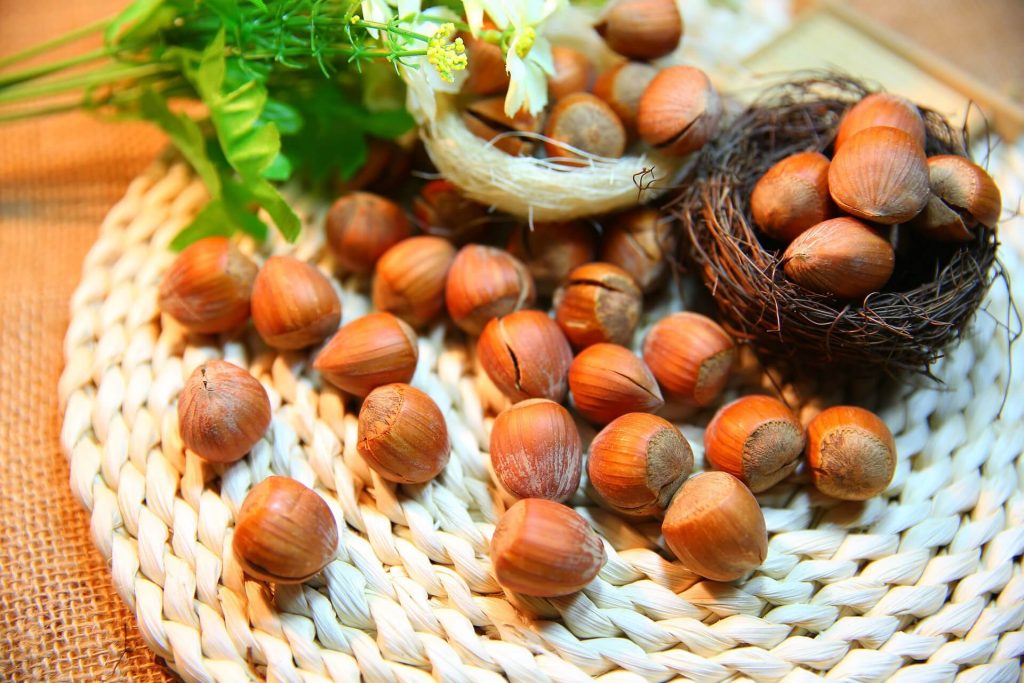7 New Ways to Get More Protein

For many years I was among those people who talk only about work and gym events. I was passionate about my job, and the focus here is clear, but the daily gym routine gave me real headaches.
I couldn’t understand why my training had little effect on my figure even though I was depleting my strength every evening. This mystery lasted until a friend of mine heard me out over a family dinner and explained to me in a calm voice that couldn’t hide her boredom that intensive training has no effect without diet and rest.
That was the moment when I finally realized that exhausting my body out to the extremes is not the answer to a healthy lifestyle. And with a little research, I found out that the Holy Grail of physically active people is the protein.
Protein is the vital micronutrient of any living creature. It is essential to help build and regenerate body tissues like muscles or strands of hair. Without this compound in our life, we cannot build muscle.
Many of us struggle trying to add protein beyond meats to our diet, however. Here are 7 new ways to add protein to your diet without the fats that often come with meat protein.
1. Replace snacks with nuts
Whenever you feel the urge to let go of the pressure with some snacks, ditch the oily chips or white bread sandwiches for a healthy portion of nuts. A minimum quantity of 30 grams of nuts is enough to summon the soothing feeling of satiation.
Besides the fact that they are rich in protein, nuts are also great sources of fibers and essential fats. So, pack up your daily lunch box with almonds, cashews, chestnuts, walnuts, pistachios and more, and you are good to go for the day.
2. Dairy
Nothing can substitute the essential highly nutritious components of milk and milk products. Low-sodium Parmesan is a one-way ticket to the heaven of proteins. Just 100 grams of dairy will yield 42 grams of proteins. The proteins can be consumed at a rate of up to 15% of the total intake in a day.
3. Finish training with protein shakes
Protein shakes are just the thing you need to repair your muscles after a strenuous workout. Solid food takes too much time to be absorbed, while the protein shake delivers the portion of proteins directly to the micro tears in the fastest way possible.
4. Morning cereal
Cereals are the perfect way to start your day, and the positive effects can be experienced throughout the entire day with boosts of energy. They are a low-fat and nutrient-dense type of foods that nourishes the body with essential vitamins and minerals.
Whole cereal grains, such as quinoa, couscous, popcorn or oatmeal are rich in proteins, good fats, minerals, carbohydrates, and oils. They assure a better digestion, contribute to the maintenance of a healthy weight, provide a great boost of energy, and are the perfect choice for a quick and healthy morning meal.
5. Jerky
They may not look healthy, but jerky strips are actually a high-protein source with many other benefits. It is important to choose hormone-free beef, turkey or pork so that there will be no negative side effects. Most dehydrated meats provide about 10 grams of protein per serving, which can hardly be matched by other types of snacks.
6. Side dishes as protein sources
If like me, you were under the impression that main dishes are the only significant source of protein such as meat or fish, think again. Side dishes hide many healthy treasures for us. A large percentage of the daily recommended intake of protein can be covered by adding beans, legumes, and grains to your meals.
Humus alone can provide 8 grams of protein in just a 100 gram serving. It is also low in fats making it a great option.
7. Protein Water
Protein water is low in calories, and can ensure a daily dosage of up to 15 grams of protein, with as little as 2 grams of carbs. Protein water can satisfy a sweet tooth, while also generating the feeling of satiety. It can also provide an energy boost and contribute to the repair of damaged muscle tissues.
So, these are the main 7 ways to secure your protein intake on a daily basis. While the meat is an essential type of food, it can be consumed in smaller quantities and let the other seven ways to supplement the much-needed proteins.
Written by Ethel Huizar
About the Author: Ethel Huizar is a full-time writer and a University of Colorado graduate. She believes that the state of good health is essential for every human being. She now writes about her lifetime passions, science and nature, as they relate to health problems and concerns.